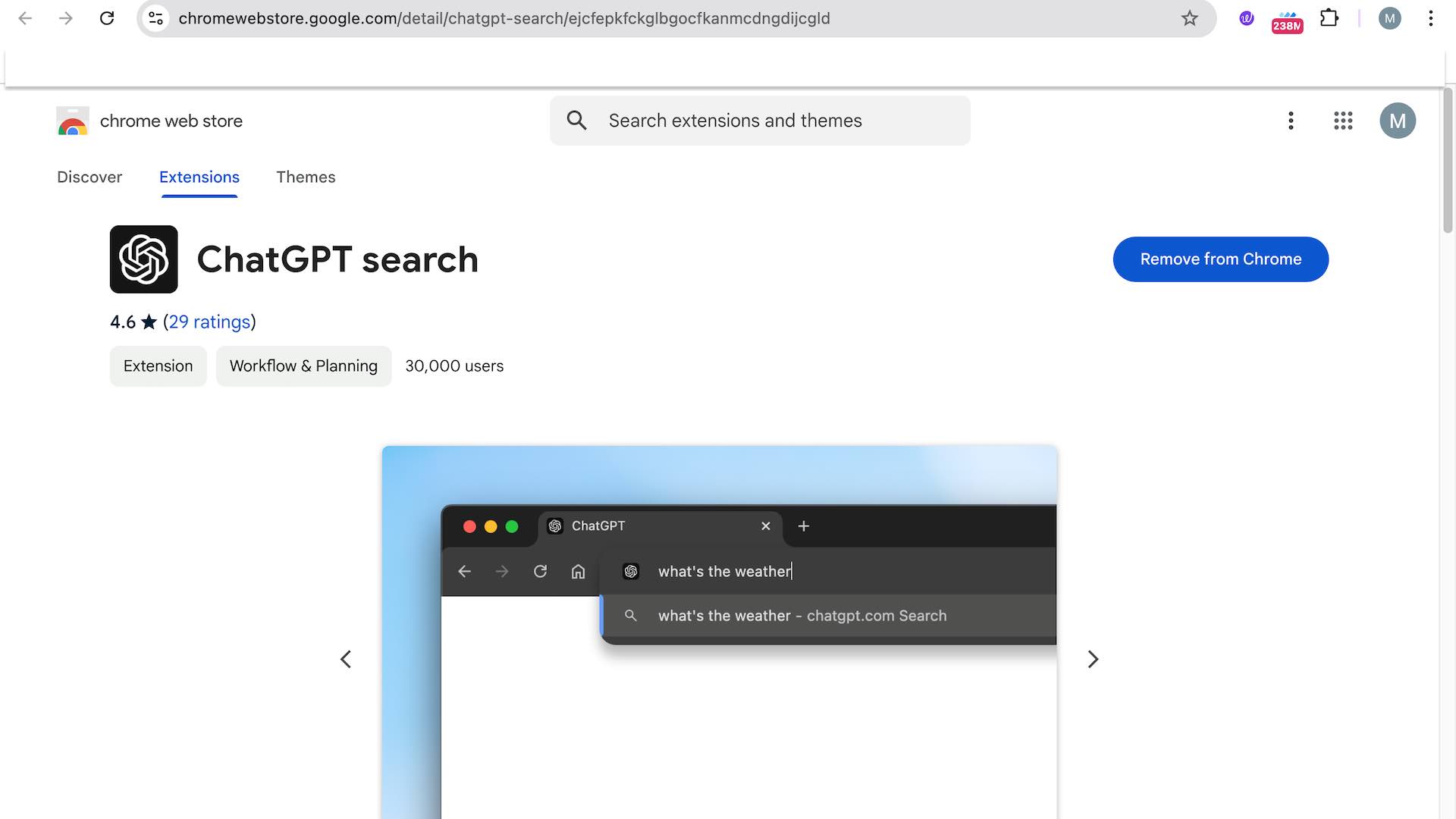MENA Newswire News Desk: OpenAI has launched a new search feature within its ChatGPT platform, enabling users to access real-time information on news, sports scores, weather updates, and stock prices. This development positions ChatGPT as a direct competitor to established search engines like Google, Microsoft Bing, and Perplexity. Following the announcement, shares of Google’s parent company, Alphabet, fell nearly 2% to $172.65, while Microsoft stock dropped over 6% to $406.35 on the Nasdaq, reflecting market concerns about the potential impact on traditional search engines.

The new ChatGPT feature, available to ChatGPT Plus and Pro subscribers, allows users unrestricted access to the internet, presenting a distinct alternative for quick information retrieval without navigating through multiple links. This shift has sparked apprehension among investors who worry that search traffic and advertising revenue could begin to move from Google and Bing to OpenAI’s AI-driven platform.
Alphabet and Microsoft, historically dominant in online search, now face a rising challenge as OpenAI introduces a streamlined, conversational approach to information access. Google’s advertising-driven search ecosystem, which has underpinned its market leadership, may encounter shifts as users experiment with AI-powered alternatives. Meanwhile, Microsoft’s Bing, which recently integrated AI enhancements, also stands to see impacts if users gravitate toward ChatGPT’s evolving search capabilities.
While OpenAI previously integrated Microsoft Bing search into ChatGPT, this new, independent search feature indicates a potential shift in OpenAI’s approach and highlights its ambitions to compete directly in the search market. This move amplifies competition within the sector, as ChatGPT’s conversational model offers a distinctly user-friendly experience compared to traditional search engines.
Analysts note that OpenAI’s entry into search could prompt Alphabet and Microsoft to enhance their offerings further. As the digital landscape rapidly transforms, this new competition between AI-powered search and traditional models is likely to shape the future of online information access and search-driven revenue.
